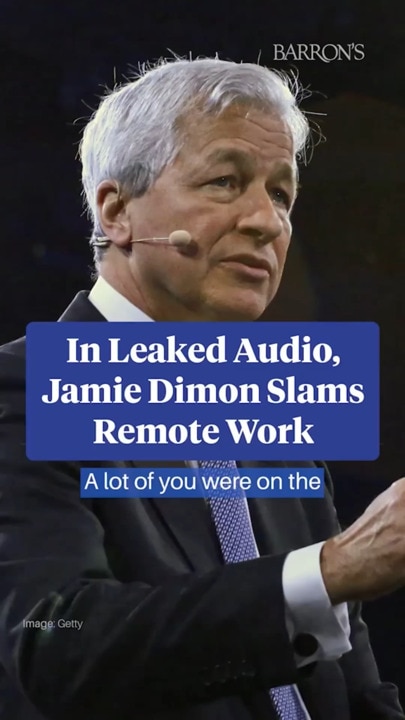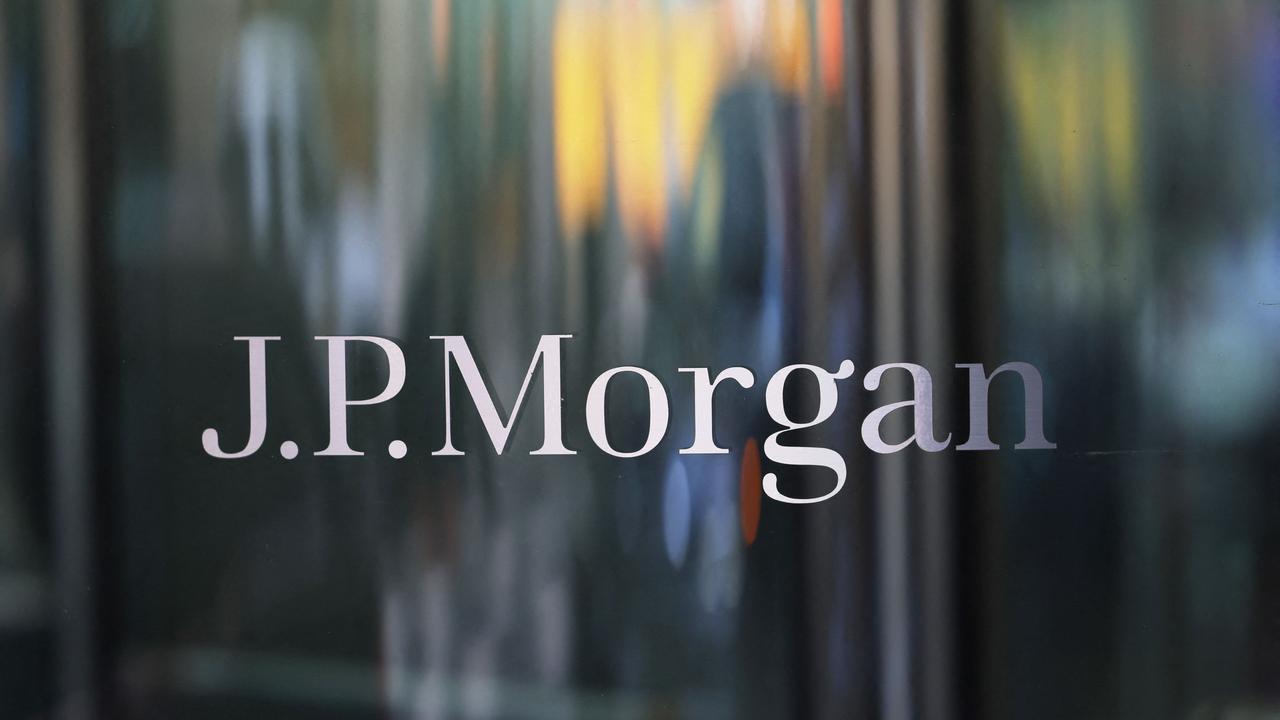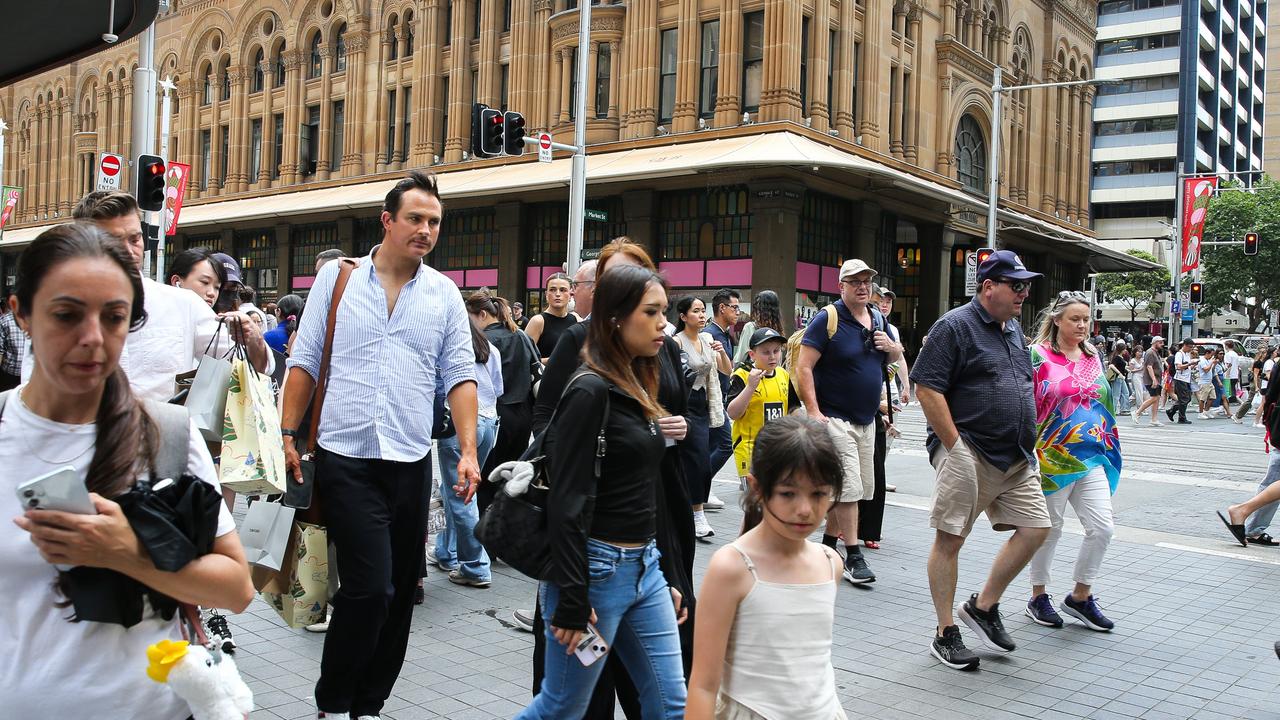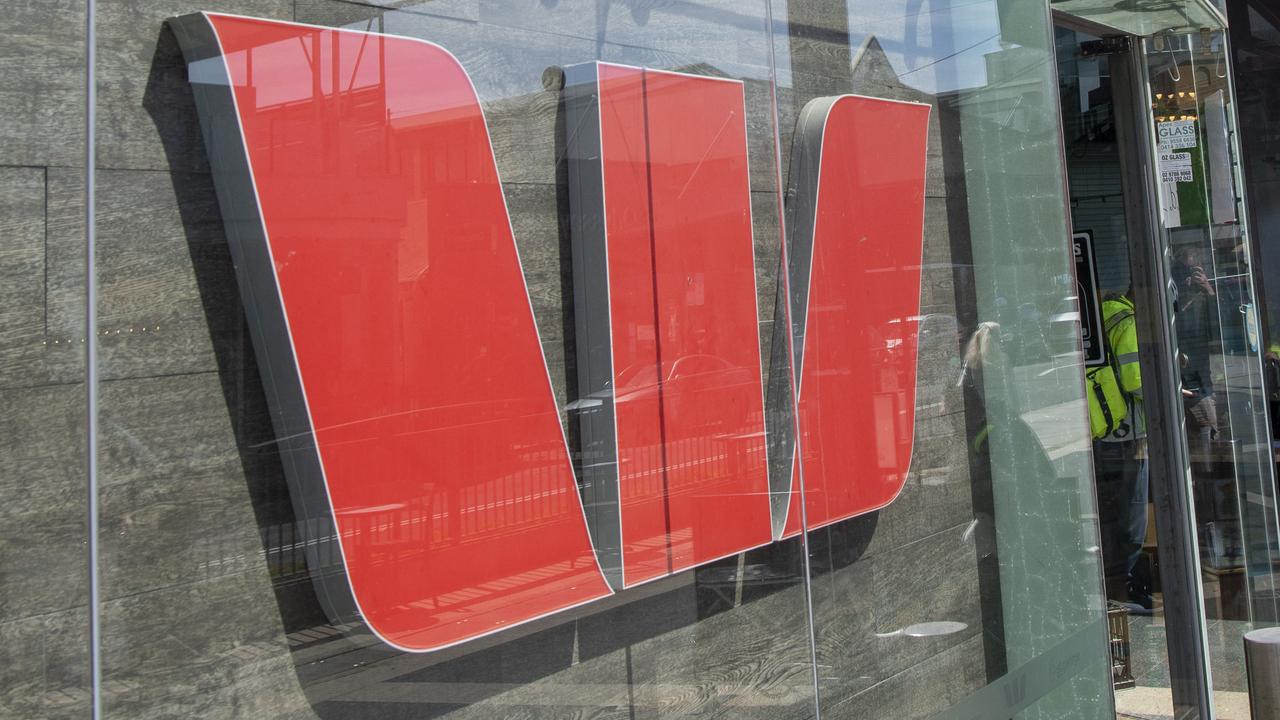Jamie Dimon rages against WFH, says it ‘damages’ young workers
Leaked audio has captured the fiery moment the CEO of one of the biggest banks in the world unleashed on WFH culture - before firing a shot at Gen Z workers.

At Work
Don't miss out on the headlines from At Work. Followed categories will be added to My News.
The boss of the US’ biggest bank has gone on a rant against work-from-home culture, claiming young people have been “damaged” by not being in the office.
JPMorgan Chase chief executive Jamie Dimon put employees on notice that they “don’t have to work” at the company, saying he’s “had it” with empty offices and pledged not to accept “semi-diseased” practices.
Mr Dimon, who has led the bank since 2006, was strident in his decision to scrap remote work arrangements despite widespread backlash from staff.

MORE: The best work-from-home jobs in Australia
“You can walk with your feet, but this company is going to set our own standards and do it our own way,” he said in audio leaked from a town hall meeting last week.
“And I’ve had it with this kind of stuff.
“I come in, you know, I’ve been working seven days a God-damn week since Covid.
“And I come in and – where’s everybody else?
“They’re here and there and the Zooms, and the Zoomers don’t show up. And people say they didn’t get stuff.
“So that’s not how you run a great company. We didn’t build this great company by doing that, by doing the same semi-diseased s*** that everybody else does.”

MORE: Are you happy at work?
JPMorgan has about 317,000 employees worldwide, including in Australia, and its move back to a full-time in-office mandate has drawn pushback in the form of a petition and the prospect of a new US labour union being formed.
Mr Dimon, however, dismissed the fallout and told staff there were “substantial” problems with remote work – particularly for Gen Z staff.
“Which is the young generation is being damaged by this,” he said.
“They may or may not be in you particular staff, but they are being left behind.
“They’re being left behind socially, (in) ideas, meeting people.
“In fact, my guess is most of you do live in communities a hell of a lot less diverse than this room.”


The billionaire executive also raged against Zoom meetings, accusing employees of “not paying attention” and texting friends.
“And if you don’t think that slows down efficiency, creativity, creates rudeness it does,” he said.
“And when I found out that people were doing that – you don’t do that in my God damn meetings.
“You go to a meeting with me you got my attention, you got my focus, I don’t bring my God damn phone. I’m not sending texts to people. OK? It simply doesn’t work.
“And it doesn’t work for creativity, it slows down decision making.
“And don’t give me this s*** that work from home Friday works. I call a lot of people on Friday and there’s not a god damn person you can get a hold of.”

JPMorgan is one of several major organisations pushing staff back to the office full-time, which also includes Amazon and US federal government agencies.
WFH attitudes in Australia
In a recent survey, news.com.au asked Aussies their thoughts on an array of issues, and found some surprising results when it came to the return-to-office push.
Of the 1870 surveyed, 35 per cent said they would prefer to work from the office five days a week, 31 per cent believe one to two days from home is optimal, 22 per cent prefer three to four days at home and 12 per cent believe WFH full-time is the best set-up.
But there is an intriguing detail in the statistics.
Of those who believe full-time office work is ideal, almost half (45 per cent) are retired.
More than half (56 per cent) of over-75s were in favour workers showing up to the office full-time, along with 42 per cent of Baby Boomers.
In contrast, only 29 per cent of Millennials and 23 per cent of Gen Zers hold his perspective.
Of the full-time employees surveyed, 69 per cent said anywhere between one and five days working from home was acceptable, with Gen Z and Millennials making up the vast majority.
Originally published as Jamie Dimon rages against WFH, says it ‘damages’ young workers








